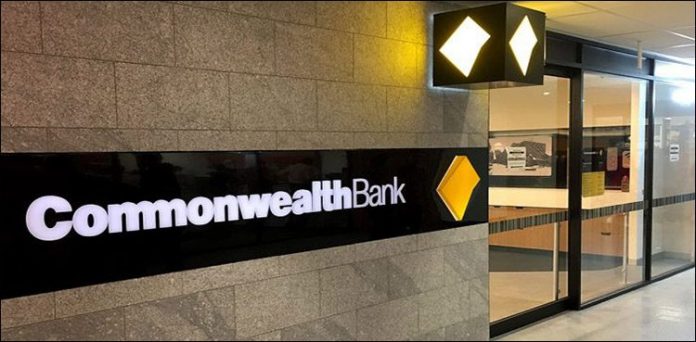CANBERRA, JUN 05 (DNA) – The Commonwealth Bank of Australia will be forking over a record $700 million, the largest fine in Australian corporate history, to help settle money laundering charges that have beset the financial behemoth after drug dealers used its services to launder tremendous sums of money.
According to AUSTRAC, the Australian government’s financial intelligence agency that helps prevent widespread money laundering, the trouble for CBA began after a drug syndicate exploited an error in the bank’s system to launder well over $600,000 in a single day. According to the Financial Review, AUSTRAC originally launched action against CBA after some 53,700 potentially fraudulent transactions were detected in a short period of time.
The CBA essentially admitted that its services had been exploited and that money laundering violations had indeed been violated and reached the astonishing $700 million agreement with state authorities in an attempt to bring a swift end to the scandal that’s dominated local financial headlines. the scandal isn’t necessarily killing the financial institutions’ bottom line; shares of CBA were trading up after news of the record payment surfaced, for instance.This is likely because some traders and market analysts expected the bank to get hit with potentially billions in fines, given how extreme the breach of money laundering laws had been. The thus relatively-minor $700 million fine, a colossal amount that’s nonetheless comparatively better than what could have been slapped on the company, doesn’t appear to be a doomsday figure some traders had been worried about.
Drug syndicates had essentially been using the CBA’s digital services to make massive anonymous deposits to CBA accounts, which helped them launder money that was almost certainly gained from selling illicit narcotics on the black market.
“As we have seen in this case, criminals will exploit poor business practices to launder the proceeds of their crimes,” AUSTRAC CEO Nicole Rose said in a public statement “[This money laundering] puts the community at risk by increasing opportunities for terrorists to support attacks here and overseas, and enabling organised crime groups to peddle drugs to our families and friends.”












